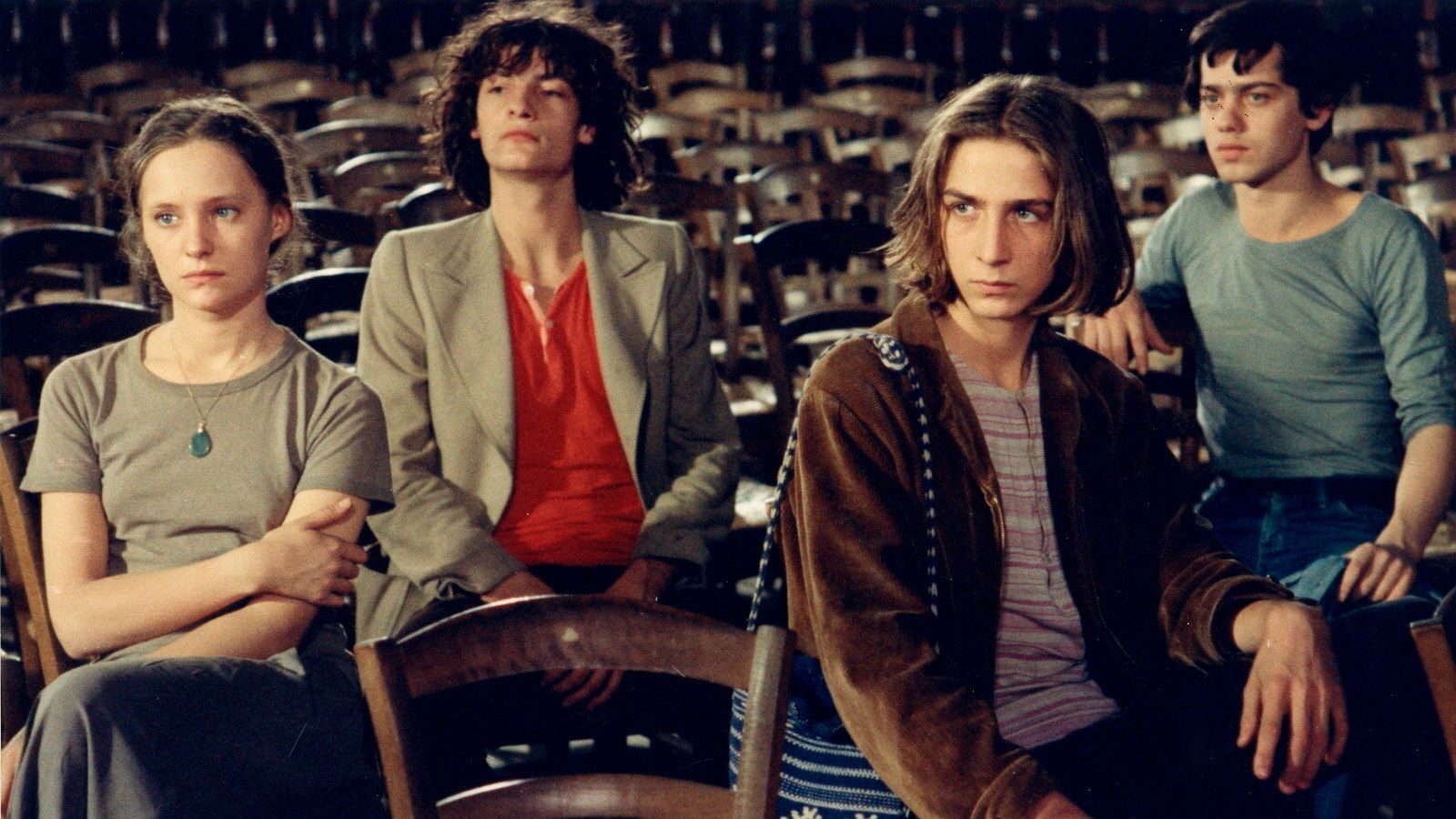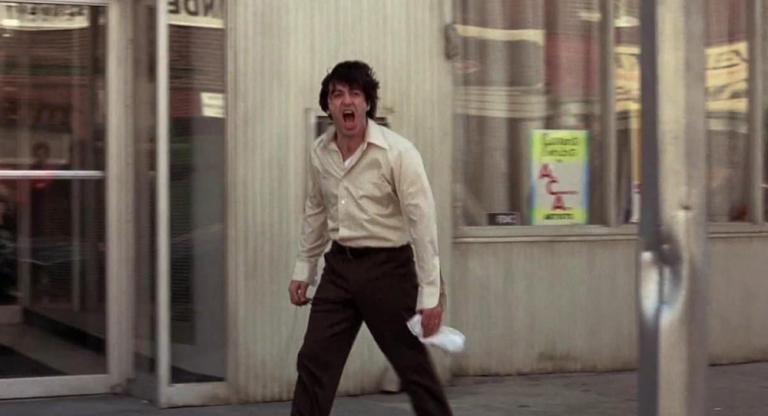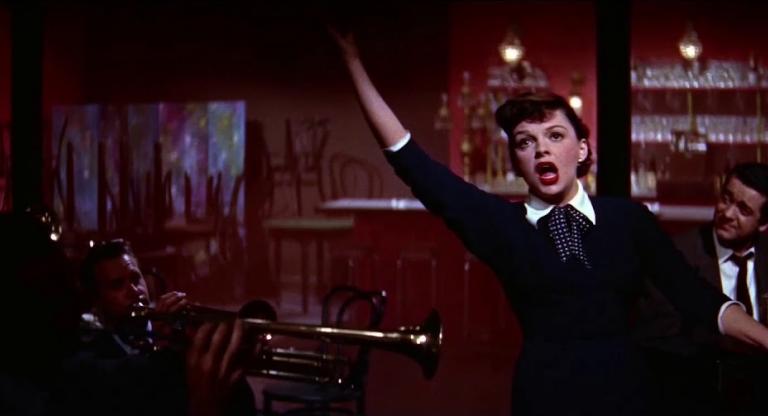In the trailer for Film at Lincoln Center’s “Never Look Away: Serge Daney’s Radical 1970s,” Daney—off of whom the caricature of the French critic might have been based, with his beret, cigarette, and big goofy glasses, remarks, “Luckily, it so happens that cinema was born on two legs. A popular leg: basic, trivial, imaginary; and a cultivated leg: complicated, philosophical, elitist.” Given the selection of films for the series (post-suicide attempt Kurosawa, post-Maoism Godard, Cahiers-approved American B-movie auteurs, Salò), it's safe to say Daney felt an above-knee amputation was in order.
A refreshingly self-aware selection is Robert Bresson’s 1977 film The Devil, Probably. An iconoclast who inspired everyone from Godard (who was so enamored with the prostrate peasant girl from Au Hasard Balthazar that he began to pursue her romantically soon after seeing the film, marrying her a year later and casting her in La Chinoise and Week-end) to Monty Python (whose 1975 Holy Grail took something from Bresson’s humorless and highbrow Lancelot du Lac the year before), Bresson—whose earlier films covered such lively topics as execution, rape, imprisonment, loss of faith, stomach cancer, the wanton suffering of barnyard animals, and Dostoyevsky—here takes on the literal death of idealism. With his distant, lingering style Bresson ponders if it was suicide or murder. Complicated, philosophical, elitist: very cultivated leg.
Our hero, Charles, is a fellow traveler of the May ’68 crowd with an aversion to the Kool-Aid, and the film is a handsome elegy to the period, full of its fashion and foolishness. As the revolutionaires “proclaim destruction” and comfort each other with the democratic notion that “everyone can destroy,” Charles wonders aloud, “Destroy what? How?” and “What will be left?” He is told simply, “It doesn’t matter.” Charles leaves, declaring the cadre “idiots.” History has proven him right: his generation was destined to find under the paving stones not the beach but only grit and gravel. Correctness, though, is cold comfort: Charles, the leader of the “Society for the Conservation of Man and his Environment” (and a true believer in the political praxis of sleeping around) is just as much a dreamer as the others. He finds this combination of realism and desire to be very bad company. Charles knows the destruction of the earth can’t be stopped by wildcat strikes and molotov cocktails, and so, reviewing his prospects, decides to have himself murdered: suicide is, for him, “a rejection of all politics.” It’s a laugh a minute. A baby seal is clubbed to death on screen.
The Devil, Probably screens tonight, January 28, at Film at Lincoln Center on 35mm as part of the series “Never Look Away: Serge Daney’s Radical 1970s.”



